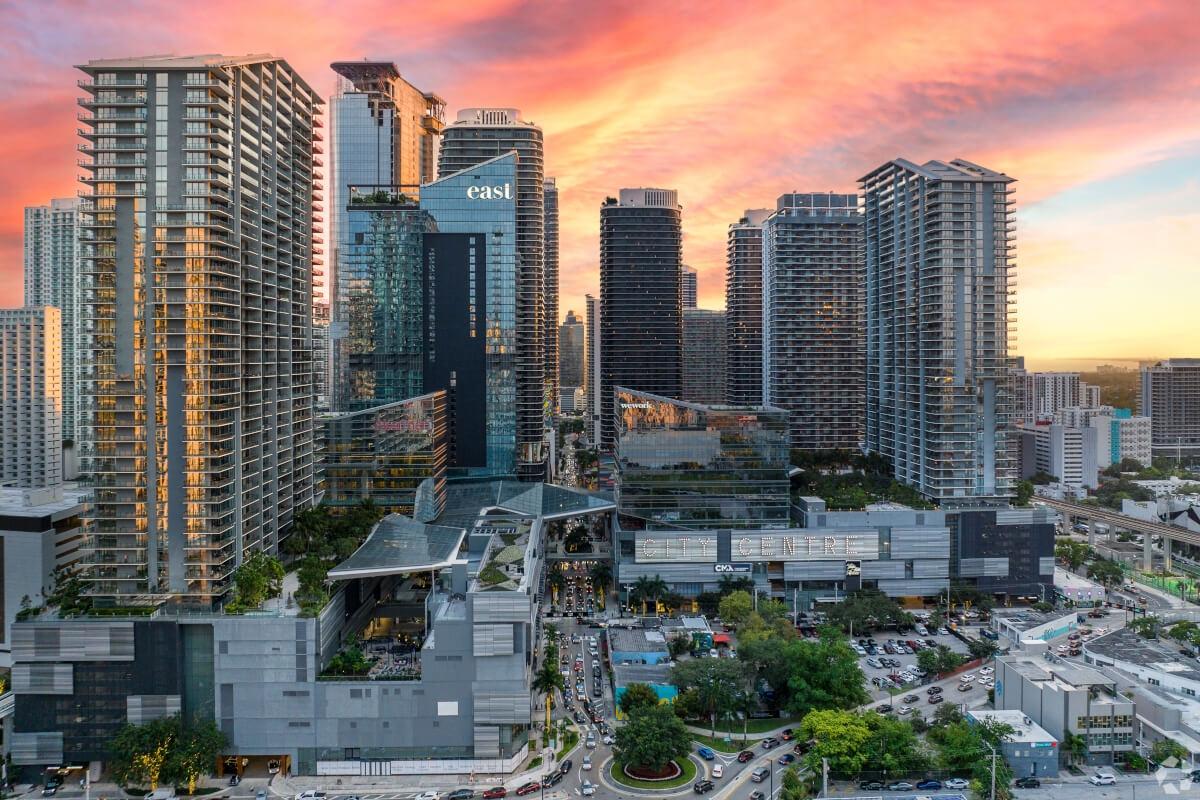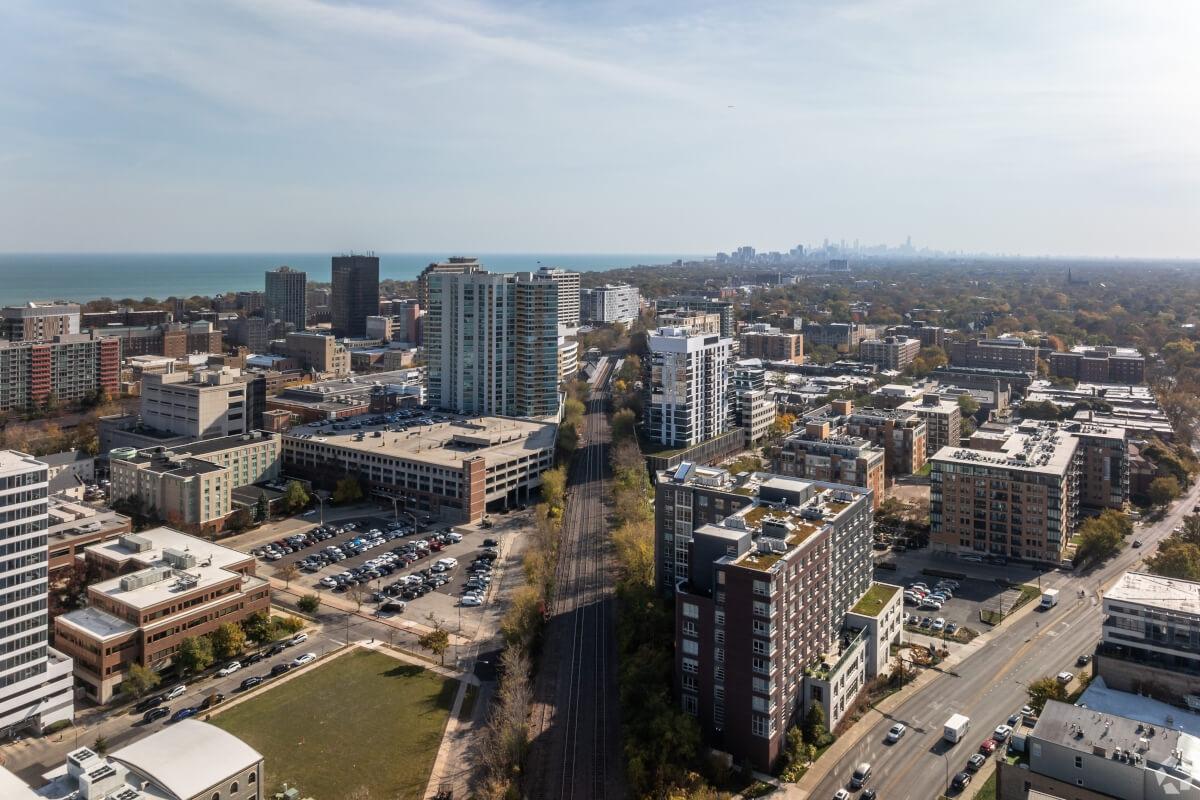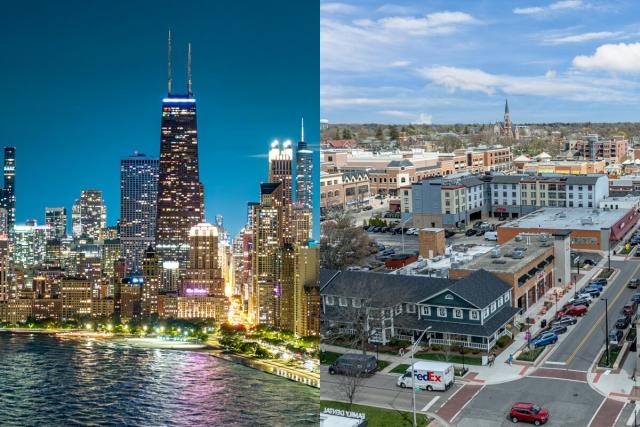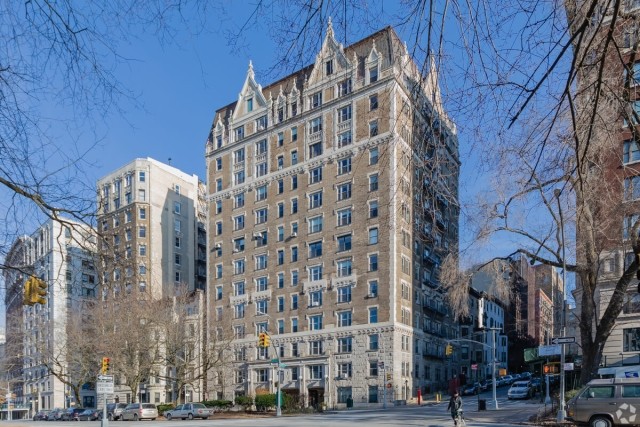Key Takeaways
- Cities have not just survived but thrived
- Both urban and suburban areas saw significant growth
- Proximity to urban amenities is important to renters
- Cities that combine livability with lifestyle are seeing the biggest demand
It’s time to move and you’re standing at the crossroads of choosing between city and suburban living. Each offers perks and challenges that you won’t find in the other, making the decision difficult. But how do you choose?
It is tough to pick between the urban proximity of being near everything or the larger space you can get in a suburb. To help you decide, explore what city and suburban living is like and the pros and cons of each. Here’s what we’ll cover about cities vs. suburbs:
- Understanding city living and suburban living
- Pros of city living
- Cons of city living
- Pros of suburban living
- Cons of suburban living
Understanding Urban vs. Suburban Living
Understanding urban and suburban living can help you pick where you want to live. Both are great options for different reasons; it depends on your values and the kind of lifestyle you want. The advantages of one often highlight the drawbacks of the other, so it is a highly personal choice.
This doesn’t mean you can’t look to outside sources to gain valuable insight. CoStar News reports that both the suburbs and cities have seen growth even though it was thought that suburban living would come out on top after the housing preference shift caused by the pandemic. This just goes to show that the demand for city living has not fallen and is staying strong.
Exploring both options ensures you make the best choice for you.
What is city living?
City living refers to residing in an urban area that is densely packed with people and buildings. The environment is fast-paced and high energy, where people often live in an apartment or condo. Some examples of big cities are:
- New York, NY
- Los Angeles, CA
- Chicago, IL
- Houston, TX
- Miami, FL
What is suburban living?
Suburban living is quieter because you are living in a mostly residential area on the outskirts or outside of a city. These areas are much less dense. Buildings and people are more spread out, so you have more space. It's not as remote or quiet as a small town, but a happy medium between the city and a town.
Cost of living in cities vs. suburbs

Generally speaking, you will face a higher cost of living in cities compared to suburbs. It also depends on the city size as major metro areas, like New York, NY, tend to be more expensive than smaller cities, such as Waterloo, IA. Knowing the cost of living is important because you need to make financial plans and finalize decisions before moving.
If you’re relocating, compare the cost between your starting city and your destination city with the Cost of Living Calculator on Apartments.com. You’ll see the income you need to earn in the destination city to live a similar lifestyle and a cost breakdown for easy comparison.
Cities vs. suburbs: average rent
Rent prices follow a similar trend as the cost of living, with urban areas being more expensive than their suburban counterparts. Many people choose to live in the suburbs because it is cheaper. Of course, it depends on where you live as wealthy suburbs can get more expensive than the city.
When it comes to renting in a city, you’ll get a little less square footage and pay more, but you’ll be close to everything. On the other hand, with suburban living, you’ll need to commute to the city, but you’ll get more square footage at a better price.
To see the kind of rent you’ll be paying in cities and suburbs, check out Rent Trends on Apartments.com. All the information you need about rent in different areas is compiled to make it easy to make informed decisions and plans.
City Living vs. Suburban Living
|
Feature |
City Living |
Suburban Living |
|
Rent Prices and Cost of Living |
Higher |
Lower |
|
Commute |
Short with a variety of methods (public transportation, walking, etc.) |
Longer and often car-dependent |
|
Lifestyle |
Fast-paced, energetic, and lively |
Relaxed, quieter, close-knit community |
|
Space |
Limited |
Spacious |
|
Amenities |
Compact and nearby |
Less concentrated |
Pros of City Living

City living offers a very different lifestyle compared to the suburbs. Many are attracted to cities because of the lifestyle, being close to urban amenities, living in a cultural hub, and nearby thriving job markets.
Proximity
Living in a city puts everything within reach. From work and grocery stores to entertainment and dining, it is all a couple of steps away — you can live close to whatever you want.
Public transportation
Cities typically have better public transportation, which makes navigation easier. Whether you need to go to work, school, or the store, public transportation makes it simple. Sometimes you don’t even need to take public transport; you can just walk or bike to your destination!
Job opportunities
Cities are economic powerhouses with businesses packed into every inch. They are a vast network of employers, companies, and workers. Whatever your profession or goal, you can find an opportunity fit for it in the city.
Fast-paced lifestyle
The energy and liveliness of a city will sweep you up the minute you step out of your front door. There’s always something going on, no matter the time of day or the season.
Cons of City Living
City living isn’t for everyone; it heavily depends on your values. While some choose to live with the disadvantages of city living, others choose to move to the suburbs or a smaller city. Knowing the downsides of urban life helps you decide if you can tolerate them.
More expensive
Living in a city can get expensive between the higher rents and cost of living. Be prepared to pay more for less.
High noise levels
With all the people and traffic in a city, it can get quite noisy. Either invest in a good pair of noise-cancelling headphones or learn to embrace the hustle and bustle.
Pros of Suburban Living

The suburbs offer a unique appeal that calls to many. Those looking to settle down for a quieter and more spacious life gravitate towards the suburbs. If the advantages of suburban living are much more appealing than those of a city, it might be time to move out of downtown.
Quieter
Suburbs don’t have the amount of traffic or noise that a city does. You can sleep soundly at night without being woken up by the clamor of the city.
Less expensive
The price of rent and the cost of living is typically cheaper in the suburbs or on the edge of a city. If you’re looking to save or are on a budget, then look for apartments in the suburbs.
Lower population density
As the suburbs are less packed compared to cities, you’ll have more space to spread out. The price per square foot is often better as well, meaning your money will go further.
Relaxed lifestyle
There is not as much of a hustle culture in the suburbs. You’ll be able to live at your own pace and enjoy calmness and tranquility.
Cons of Suburban Living
You’ll miss out on a couple of the niceties of cities if you live in the suburbs. You have to decide if the advantages of suburban living are more important than the disadvantages.
Longer commutes
If you work in the city, you’ll have to brave rush hour traffic and longer commute times.
Farther away from amenities
The suburbs are often full of homes and apartments, meaning there are fewer restaurants or grocery stores. These aren’t completely absent, but you’ll have to drive to get there.
Less job opportunities
Since suburbs are primarily residential, there are not as many businesses around. So, you’ll have to widen your search to find work or even relocate if you're placed under an RTO mandate.
Find the Perfect Home in a City or Suburb on Apartments.com
Whether you decide a suburb or the city is right for you, Apartments.com can help you find your next home. The numerous filters help you narrow down your search to only the rentals that fit your criteria. No matter your budget, what kind of housing you want, or your desired amenities, you can find the perfect match on Apartments.com.
FAQs
What are the best cities for renters?
Certain cities attract more renters because of factors like cost of living, average rent, availability of home types, and vacancy rates. The U.S. cities that are the most popular with renters are:
- Miami, FL
- New York, NY
- Boston, MA
- Los Angeles, CA
- San Francisco, CA
Should I rent or buy?
Many people are choosing to rent forever as it means less responsibility and less stress. The top reasons people choose to rent are:
- Less stress and responsibility than owning
- Desire for greater flexibility
- Don’t want to be house poor
Ultimately the decision is up to you. Consider the pros and cons of renting vs buying and what you want to make a choice.






